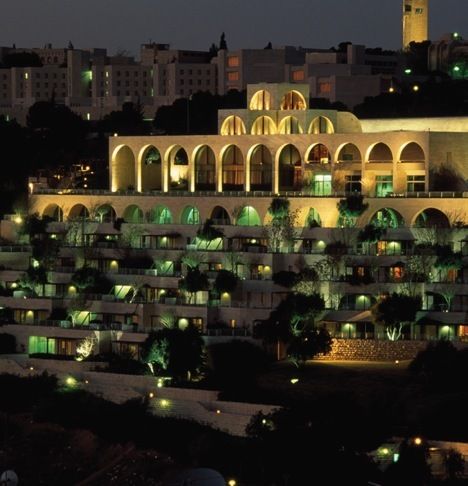
I’m still thinking about yesterday’s murderous attack on that synagogue in Poway, California. (See “Sadness for Poway.”)
I think it worth pointing out that, so far as I can recall, only one scriptural text in the world — the Book of Mormon –contains an explicit denunciation of anti-Semitism.
That forceful denunciation comes in the context of an extended passage in 2 Nephi 29 that members of the Church of Jesus Christ of Latter-day Saints commonly and typically use to argue for an open scriptural canon, for the possibility of genuine divine revelation outside the covers of the Bible:
4 But thus saith the Lord God: O fools, they shall have a Bible; and it shall proceed forth from the Jews, mine ancient covenant people. And what thank they the Jews for the Bible which they receive from them? Yea, what do the Gentiles mean? Do they remember the travails, and the labors, and the pains of the Jews, and their diligence unto me, in bringing forth salvation unto the Gentiles?
5 O ye Gentiles, have ye remembered the Jews, mine ancient covenant people? Nay; but ye have cursed them, and have hated them, and have not sought to recover them. But behold, I will return all these things upon your own heads; for I the Lord have not forgotten my people.
6 Thou fool, that shall say: A Bible, we have got a Bible, and we need no more Bible. Have ye obtained a Bible save it were by the Jews? . . .
14 And it shall come to pass that my people, which are of the house of Israel, shall be gathered home unto the lands of their possessions; and my word also shall be gathered in one. And I will show unto them that fight against my word and against my people, who are of the house of Israel, that I am God, and that I covenanted with Abraham that I would remember his seed forever.
Latter-day Saints are, thus, scripturally commanded not to be anti-Semites. Quite to the contrary, in fact. Unsurprisingly, therefore, Latter-day Saints have a justified reputation for philo-Semitism and they feel themselves specifically akin to ancient Israel. That’s why Utah — a place to which the nineteenth-century camp of Israel was led by prophets and patriarchs and high priests, headed by a “modern Moses” who presided over orders of priesthood named after Aaron and Melchizedek that see themselves as “the seed of Abraham” — is sprinkled with temples and tabernacles and studded with place names derived from the Old Testament such as Canaan Mountain, Eden, Enoch, Ephraim, the Jordan River (connecting a fresh water “sea” to a salty one), Moab, Mount Nebo, Noah’s Ark, Salem, Three Patriarchs, and Zion.










